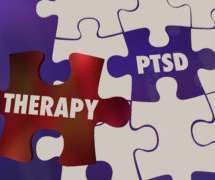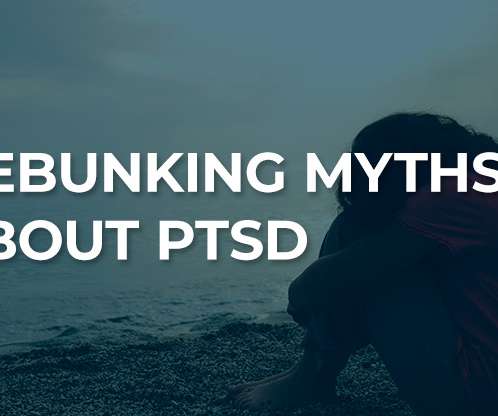Getting Better Outcomes from Posttraumatic Stress Disorder Treatments
Society of Clinical Psychology
JANUARY 10, 2020
Augmentation can include pharmacological treatments, psychological treatments, or novel or emerging treatments such as exercise, acupuncture, or art therapy. High levels of co-morbid problems can interfere with recovery. Combining any first-line pharmacological or psychological treatments. Accelerate the fear extinction process.











Let's personalize your content